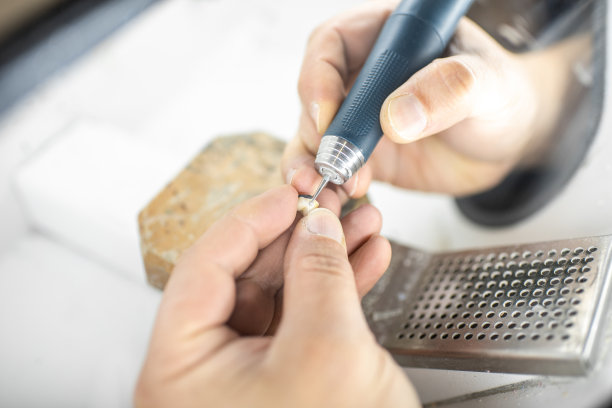Essential Precautions to Take Before and After Your Dental Filling for Optimal Oral Health and Healing
Summary: Dental fillings are essential for restoring damaged teeth and preventing further dental issues, yet there are crucial precautions to take both before and after the procedure to ensure optimal oral health and healing. This article highlights four main areas to focus on: understanding the dental filling process, preparing for the procedure, caring for your filling post-treatment, and recognizing potential complications. By following these guidelines, you can enhance your healing process and maintain your dental health effectively.
1. Understanding the Dental Filling Process

The first step towards effective dental care is gaining a thorough understanding of what a dental filling entails. A dental filling is a method used to restore teeth that have been compromised by decay or damage. Knowing the materials involved, whether composite resin or amalgam, can help you understand what to expect.
Dental fillings serve not only to repair the structure of your tooth but also to enhance its function. Understanding the benefits associated with different types of fillings can guide your decisions alongside your dentist. Ask questions about the longevity and specific advantages of various materials.
Additionally, being aware of your dentist’s techniques for cleaning and preparing the affected area can alleviate any anxiety. Knowing the steps involved helps establish your trust in the process, leading to a more relaxed mindset when it’s time for your appointment.
2. Preparing for the Dental Filling Procedure
Preparing for a dental filling is essential in ensuring that everything goes smoothly. First and foremost, maintaining good oral hygiene in the days leading up to your appointment is paramount. Brush and floss diligently to minimize bacteria that could complicate the procedure.
Another critical aspect of preparation involves discussing your medical history and current medications with your dentist. Transparency helps your dental team anticipate any potential issues that could arise during the filling process, ensuring your safety and comfort.
Lastly, consider what to eat before your appointment. It’s advisable to have a light meal that won’t leave residue or grease on your teeth. Avoiding sugar and heavy meals can help you be in better shape for dental work, significantly reducing the risk of discomfort during the procedure.
3. Caring for Your Filling After the Procedure
Post-treatment care is crucial to the longevity and health of your dental filling. Right after the procedure, avoid chewing on the side of your mouth where the filling was placed until the anesthesia has completely worn off. This precaution helps prevent any accidental bites on your cheek or tongue.
Moreover, it’s important to monitor your diet for the first few days post-filling. Stick to soft foods to avoid putting undue pressure on the filling. Foods such as smoothies, yogurt, and mashed potatoes can provide comfort while preventing damage to the newly placed filling.
Maintaining oral hygiene is equally vital during the recovery process. Brush gently around the filling site, and continue to floss regularly. Ensure you visit your dentist for follow-up appointments to monitor the fillings condition and discuss any discomfort you may experience.
4. Recognizing Complications and Seeking Help
A crucial part of aftercare is recognizing the signs of complications that may occur post-filling. Sensitivity to hot or cold temperatures can be normal in the first few weeks following your treatment. However, if this sensitivity persists or intensifies, you should contact your dentist.
Other warning signs include persistent pain, swelling, or changes in the fillings appearance. Such symptoms can indicate that the filling was not placed correctly, or that there may be further decay that needs to be addressed.
Lastly, proactive communication with your dentist regarding any issues can safeguard your dental health. Regular check-ups and addressing concerns immediately can enhance long-term outcomes for your filling and prevent future dental problems.
Summary: In summary, taking essential precautions before and after your dental filling can significantly impact your overall oral health and the effectiveness of the procedure. Understanding the filling process, preparing appropriately, caring for your filling, and watching for complications are all vital components of successful dental care.
By being mindful of these areas, you can ensure a smooth treatment experience and promote speedy healing. Prioritizing your dental health will not only enhance your recovery but also improve your overall well-being.
This article is compiled by Vickong Dental and the content is for reference only.



